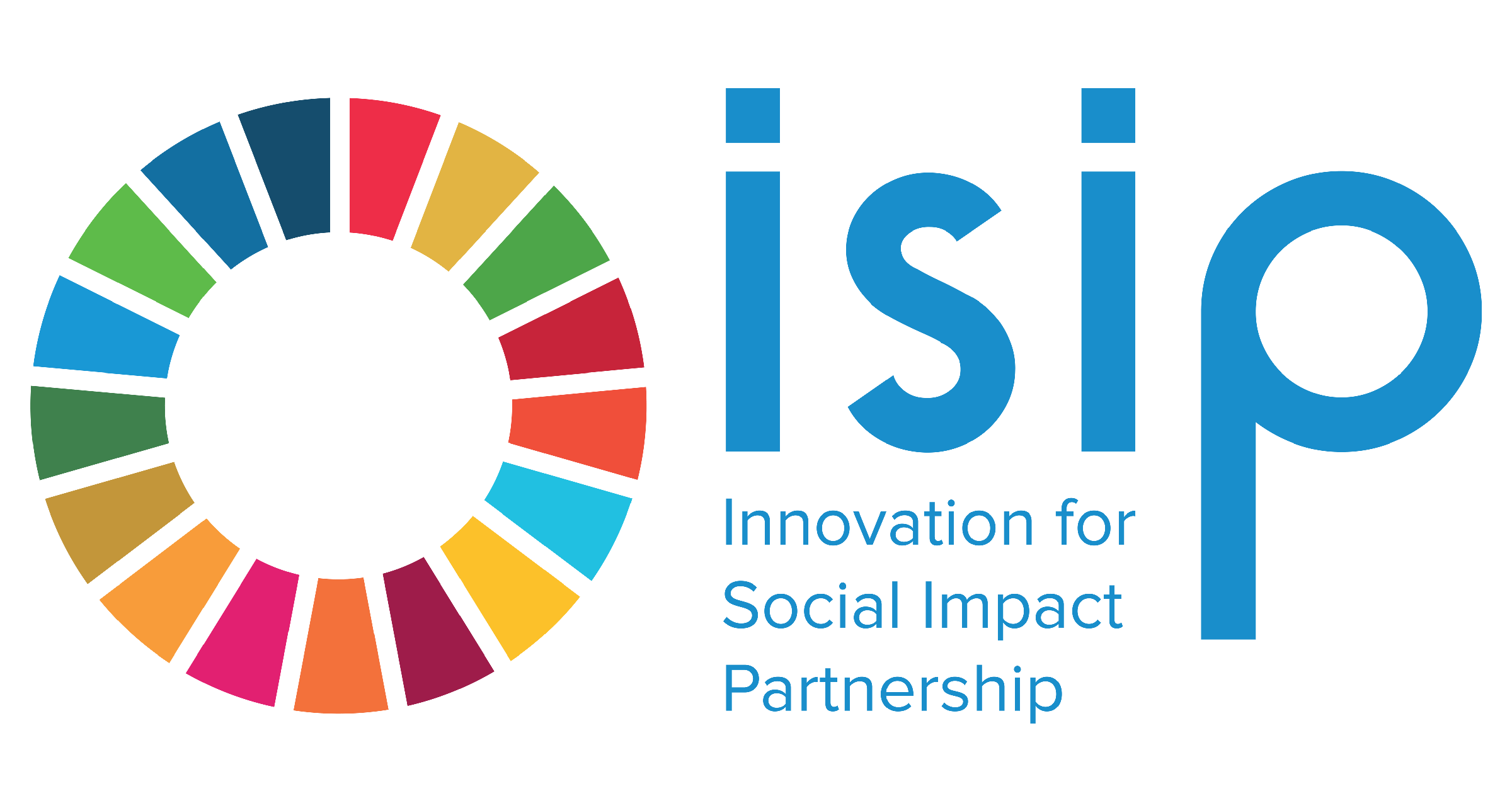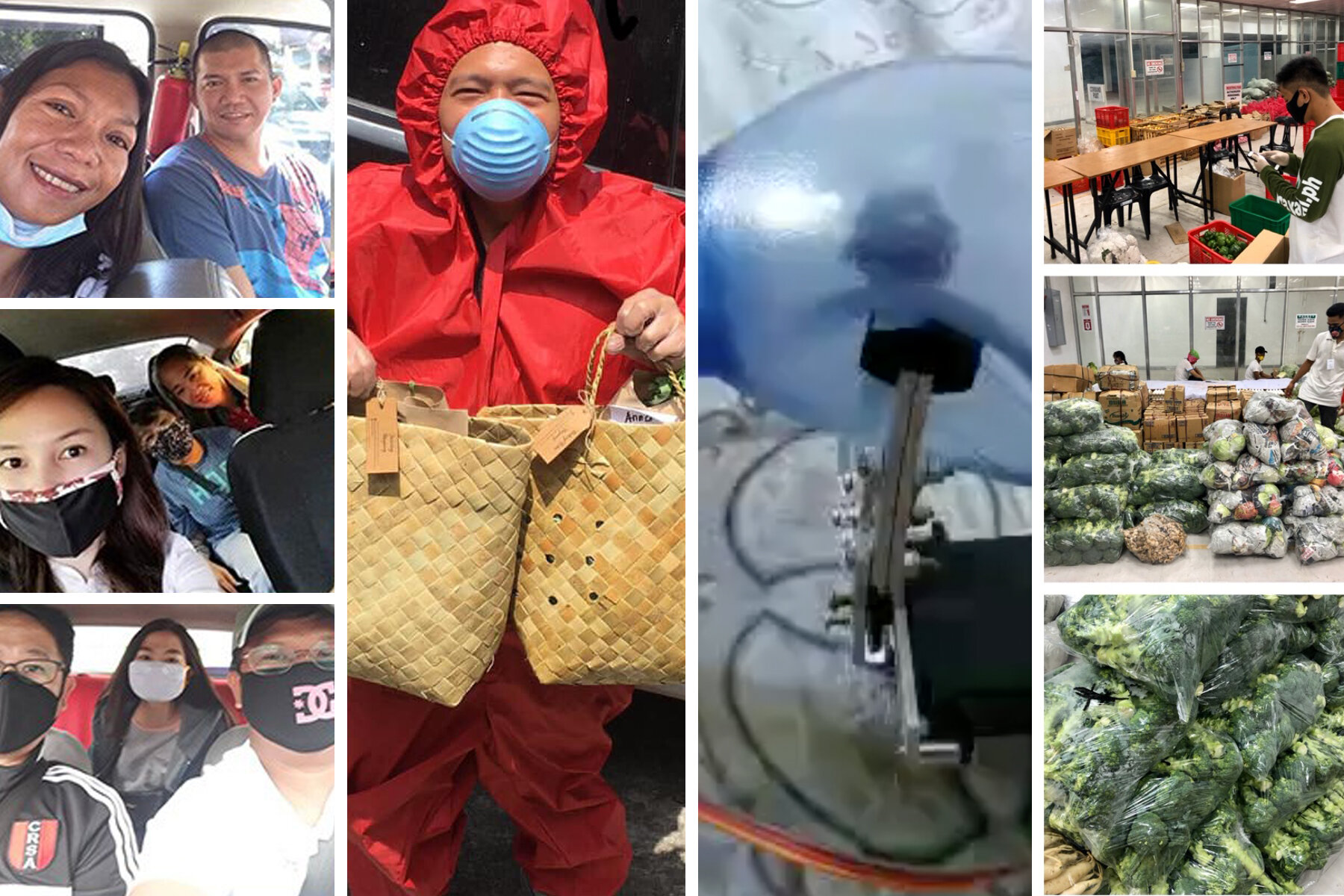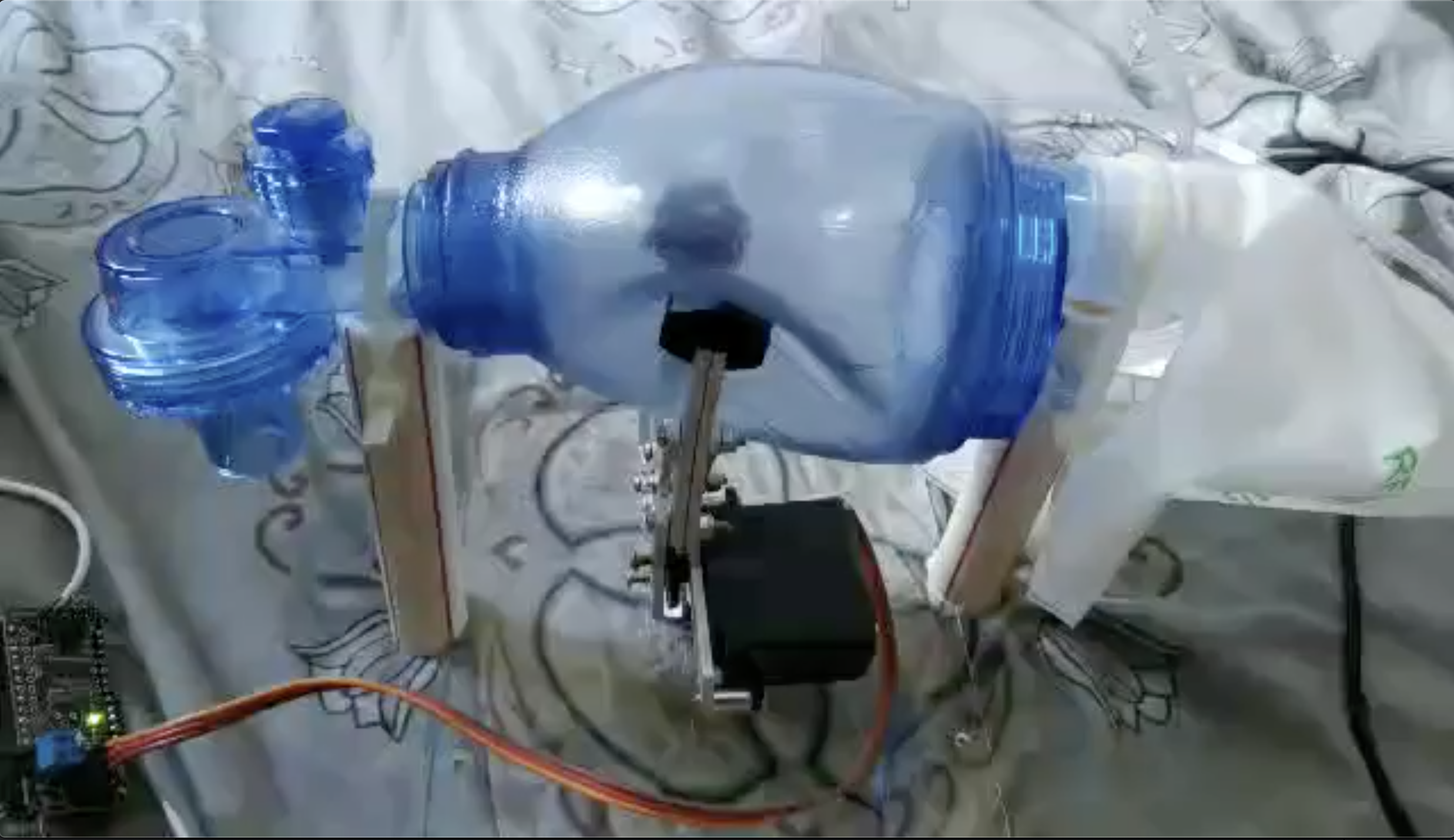Impact-first: Social Enterprises in the Philippines Innovate to Respond to Coronavirus Pandemic
by Adriel Nisperos
Filipino ingenuity shines through. Filipino innovators create alternative means to deliver services and create opportunities for the frontliners combatting the COVID-19 pandemic and to the people in needing relief and assistance.
One of the most gravely affected sectors of this global pandemic is the Micro-, Small, and Medium Enterprises (MSME) sector. With the enhanced community quarantine (ECQ) implemented all over Luzon and to some other parts of the country, many of these small businesses were forced to close. In an official memorandum issued by the Office of the Executive Secretary on March 16, 2020, only private establishments providing basic necessities are allowed to operate. For many of those businesses providing non-essential products and services, this means incurring financial losses, laying off employees, reducing salaries, postponing investments, and other negative impacts.
Social enterprises are part of the MSME sector which makes them not an exemption to the negative effects of COVID-19. Despite this crisis, social enterprises continue to innovate to respond to the health emergency whether by developing new products and services, providing alternative means of delivery, or hacking the current systems in place. Here is a list of social enterprises in the Philippines who are not only sustaining their operations but also spearheading support to help mitigate the effects of the pandemic. However, these initiatives require the full support of the government, public and private sector, academe, and champions for them to continue the work that they are doing.
Ruwah “Breath of God”: A respiratory support actuator developed by FAME’s Jun Fetizanan Jr. to help medical professionals in providing medical support to COVID-19 patients. (Photo courtesy: FAME)
Futuristic Aviation and Maritime Enterprise
Futuristic Aviation and Maritime Enterprise (FAME) is a social enterprise that developed a transponder to help track small fishing vessels when they are out at sea. This increases the security of these small vessels, especially in times of emergencies. They also developed near field communication cards which helps smallholder fisherfolks in the traceability and documentation of their catch, increasing their incomes.
The global pandemic has left our public hospitals and local health centers into a stretch with more positive cases confirmed as you read this article. One of the concerns is the lack of available ventilators for patients. A ventilator is an essential medical device that supports the patients in their breathing. To solve this, Jun Fetizanan Jr., one of FAME’s founders, developed Ruwah, a respiratory support actuator that can act as a first responder breathing device while a ventilator is still unavailable for use. According to Jun, he developed it using low-cost and readily available materials so that it can be easily produced and replicated. He also consulted with medical professionals in the development of the product to ensure that it can be used by public hospitals in need.
FAME is currently collaborating with the Department of Science and Technology (DOST) to further develop Ruwah and is preparing to produce 30 units for pilot testing. Learn more about the innovation in this interview.
Taxumo
Operating since 2016, Taxumo is a social enterprise that automates various tax-related activities from real-time tax calculation, to access to tax information, up to tax filing, and payment with just a few taps from their mobile application. Taxumo provides guidance on tax activities through their platform and through public webinars on social media.
Taxumo continues to process tax-related activities of freelancers and entrepreneurs, especially during this tax-filing season. In response to the current crisis, Taxumo launched discounted annual subscription prices for freelancers, self-employed professionals, and owners of small businesses to ease the impact of the pandemic on their livelihood. In addition to this support, they are also offering their services for free for doctors and medical professionals serving in the frontlines.
If you are a user of Taxumo or a medical professional seeking support on tax-related activities, visit Taxumo’s website to avail their services.
Filipina Homebased Moms
Filipina Homebased Moms (FHMoms) is a social enterprise that equips Filipina mothers with digital skills that will help them become ready for online jobs. They offer basic and advanced courses on various topics through their online university platform.
Similar to Taxumo, FHMoms delivers their services online. They continue to train students despite the ECQ. Beyond their regular service offerings to their communities, FHMoms is also extending support to frontliners. On March 23 to 29, they held webinars on various topics that would help people adjust to the “new normal” brought by the pandemic. Since the implementation of the ECQ, people had to observe physical distancing; the workforce had to follow a work-from-home scheme; and students had to take their classes through distance learning modes. FHMom’s webinars aim to discuss these and guide people how to adapt. Some of these discuss managing mental health in the time of self-isolation, homeschooling, working-from-home productivity tips, among many others. In addition to that, they are also organizing a donation drive in which proceeds will go to frontliners and to their stakeholders who need support.
Learn more how you can contribute to FHMom’s donation drive by sending them a message on FHMoms’ Facebook page.
Virtualahan
Virtualahan is a tech social enterprise building an ecosystem for Persons with Disabilities (PWDs) with digital work while helping businesses of any size grow. They provide virtual capacity-building opportunities to PWDs to help them become highly-skilled individuals who can deliver results and quality outputs despite their disabilities. In addition, they also provide job placement assistance to their clients by connecting them to companies who employ PWDs.
Also offering their services through online means, Virtualahan launched their Virtualanihan program to help their stakeholders upgrade their skills and learn the work-from-home culture. The Virtualanihan is a free online masterclass which covers topics such as online job mindsets, communication and language training, social media marketing, work-from-home workflows, and many more. In this initiative, they collaborated with various organizations to conduct the masterclasses including FHMoms.
They are holding their masterclasses until the end of April. Visit Virtualahan’s Facebook page to learn more about the schedules and speakers.
Candid Clothing is upcycling bamboo cotton to create washable, antibacterial, moisture-wicking face masks. (Photo courtesy: Candid Clothing)
Candid Clothing
Candid Clothing is one of the 30 impact-driven businesses that participated in this year’s ISIP Impact Boost Camp. They are a social enterprise that upcycles fabric wastes into quality clothing pieces. They provide employment opportunities to women in the disadvantaged sector, increasing their income. Aside from employment, they also provide capacity building and skills training to these women for them to become skilled garment makers.
One of the most important needs of medical frontliners as they care for patients is their Personal Protective Equipment (PPE). This includes scrub suits, gloves, face shields, and face masks. According to the Philippine Medical Association, there are insufficient PPEs available to frontliners, risking their lives as they try to rescue others. Candid Clothing is one of the many organizations who improvised PPEs to donate to frontliners.
Candid Clothing started creating antibacterial, moisture-wicking facemasks from upcycled bamboo cotton to show support for the medical frontliners. Initially, they were woven for personal use but many of their customers started ordering for donation purposes. Candid Clothing continues to accept orders and produce masks to sustain their support.
Be a sponsor for medical frontliners at your local health centers. Reach out to Candid Clothing on Facebook to be part of their initiative.
AccessiWheels recruits volunteer drivers who are willing to transport PWDs who have regular check-ups and medical procedures get to hospitals amid the implementation of the enhanced community quarantine. (Photo courtesy: AccessiWheels)
AccessiWheels
Another social enterprise responding to the pandemic that participated in the ISIP Impact Boost Camp is AccessiWheels. They are a carpool transport social enterprise that provides a platform for people with mobility problems e. AccessiWheels connects its users to trained drivers with accessible vehicles to help them get to their destinations comfortably.
With the suspension of public transportation as part of the ECQ guidelines, a concern arose from patients who regularly visit their hospitals for their check-ups and medical procedures such as those needing chemotherapy and dialysis. They are experiencing difficulty in getting to the medical care they need. To address this, AccessiWheels provided their customer-patients with free carpool services that can help them get to their hospitals. At present, they need more volunteer drivers to help them transport patients.
Learn more about how you can access their support or volunteer as one of their partner-drivers through AccessiWheels’ Facebook page.
AI4GOV
AI4GOV is also a tech social enterprise that ISIP supported in the five-day ISIP Impact Boost Camp this year. AI4GOV is transforming the way people access public services using the power of artificial intelligence (AI). Through AI, they are able to make delivery of public services more efficient. Examples of these services are securing business permits, accessing information about disaster response, getting information from municipal digital bulletins, among others. Through the chat bot, people are able to access important information and instructions about the service they want to avail without them needing to visit the local government office. This shortens the transaction time.
The pandemic has affected the country greatly, and the systems we have in place have been stretched already with the continuous rise in the number of people seeking medical help. According to the World Health Organization in the Philippines, the number of confirmed cases is at 5,453 as of April 15, 2020. To support national agencies in meeting the needs of the people more efficiently, AI4GOV developed a COVID-19 digital triage bot to assist medical professionals in the triage process. With the power of AI, the bot can also create predictive models that can monitor the number of infected individuals.
Get to know more about AI4GOV and how they are transforming public services by visiting their website.
Delivering Fresh Produce Through Online Marketplaces
Challenges surfaced when it came to accessing public markets since the implementation of the ECQ. To address this, social enterprises offered alternative ways to deliver products straight to people’s homes. Social enterprises like UPROOT Urban Farms, MAD Travel, and MAYANI are using the power of technology to bridge customers and local farmers.
UPROOT Urban Farms delivers fresh and organic produce to households in Metro Manila to continuously provide them with healthy food. (Photo courtesy: UPROOT Urban Farms)
UPROOT Urban Farms
UPROOT is a social enterprise that delivers fresh and organic produce locally grown from farms. They run a program called ‘Corporate2Cultivate’ where customers can order bayongs or baskets with a selection of fresh produce on a subscription basis.
As the world faces this health emergency, the World Health Organization (WHO) and United Nations Children’s Fund (UNICEF) remind everyone not only to observe proper hygiene but more importantly to remain healthy by staying active and by eating healthy food. UPROOT helps enable this by continuously accepting orders and delivering fresh produce to their customers’ homes. Whether for personal consumption or donation, people can tap the social enterprise for the service.
If you want to purchase bayongs from UPROOT for your family’s own consumption or donate to your chosen charities and groups, visit their online shop.
MAD Travel
Make A Difference (MAD) Travel is a social enterprise on sustainable tourism. They are an educational travel platform that inspires communities and guests by making lasting difference through fun, authentic, travel experiences. MAD Travel partners with marginalized communities and provides them with livelihood opportunities to help them uplift their lives.
The tourism sector is one of the sectors badly affected by this global pandemic. Many tourism-based businesses like MAD Travel were forced to completely halt their operations and tours, resulting in their business incurring financial losses and employees losing incomes. Unfortunately, the effect of the ECQ to a social enterprise such as MAD Travel extends even further to the tourism-based livelihood of their partner communities, particularly in Zambales and Bataan. Because of the lockdown, the communities are unable to sell their agricultural, cultural and upcycled products.
To respond to the challenge, MAD Travel launched the Make A Difference (MAD) Market on April 30. It is an online market where MAD Travel delivers fresh produce locally grown from their partner farms and communities straight to their customers’ homes. MAD Market aims to not only to deliver healthy food but more importantly to support farmers and small businesses in these challenging times.
Make your purchase today at MAD Market by filling out this form.
MAYANI takes part in the Gulay ng Bayan project of the Department of Trade and Industry (DTI) and the Department of Agriculture (DA) which aims to empower farmers or the “backliners” through e-commerce. (Photo courtesy: MAYANI)
MAYANI
Aside from Candid Clothing and AccessiWheels, MAYANI is also one of the participating social enterprises in the ISIP Impact Boost Camp. MAYANI is an agritech social enterprise that connects local farmers and buyers through their unified web platform.
MAYANI is part of the multi-stakeholder project of the Philippine Agri Consortium called Gulay ng Bayan, an initiative that aims to ensure food security and availability in the country during this time of crisis. It is a collaboration project between various agriculture-based startups and social enterprises, supported by the Department of Trade and Industry (DTI) and the Department of Agriculture (DA). Using e-commerce, social enterprises like MAYANI are able to offer fresh produce directly sourced from local farms to their customers. Once orders are collected, the produce will be delivered to their customers’ homes. Through this collaboration, MAYANI is able to meet their customers’ needs and ensure that their partner farmers also have incomes in return.
If you are from Metro Manila, you can place your order through MAYANI’s online marketplace. Order today for your family or for your chosen groups and charities.
Needing Everyone’s Help to Collectively Respond to the Pandemic
MAD Travel is raising funds for their partner communities in Zambales and Bataan, and for their reforestation initiative in those areas. (Photo courtesy: MAD Travel)
With the huge impact of COVID-19, we need everyone’s support and cooperation to mitigate its effects. Aside from developing their own products and services, several social enterprises started fundraising campaigns for frontliners and for those in need of relief. A number of these are also social enterprises we have supported through our activities in ISIP.
Roots Collective
Roots Collective is a community of social entrepreneurs collaborating to make a difference in the country.
Let’s Act: Roots is running a donation drive for their community partners and employees to help them meet their food and sanitation needs in the next few weeks. Make a donation today.
Giving Hero
Giving Hero is a generosity lifestyle mobile application that makes giving easy, efficient, and fun. It is a digital platform that can help consolidate donations for nonprofits, charities, and impact-driven businesses.
Let’s Act: Download their application on Google Play and App Store to start donating to organizations spearheading support for frontliners and communities.
AMAMI
AMAMI is a social enterprise that seeks to revive the traditional Filipino way of jewelry making by providing opportunities and empowering local artisans in the country.
Let’s Act: AMAMI is running a fundraising campaign to purchase medical supplies for frontliners. Aside from this initiative, for every jewelry purchased, a portion of the sales will also go to their fundraising campaign. Visit their Facebook page to know how you can donate or purchase their products.
MAD Travel
Let’s Act: Apart from their online market, MAD Travel has also started the Feed the Farmers Today; Fund Tomorrow’s Forest crowdfunding campaign which aims to raise funds for their partner communities in Zambales and Bataan, and for their reforestation initiatives in those areas. The funds will help in ensuring that these communities have food on their plates everyday and that they can meet their other needs in the coming months. Extend your support through their fundraising campaign.
The coronavirus might have created a crisis worldwide, but this challenge only fuelled further the ingenuity of Filipino innovators and entrepreneurs. While we have social enterprises to support us in meeting our needs, we can also do our part to extend help to frontliners and vulnerable communities. Together, we can get through the crisis without leaving anyone behind.
Stay safe, healthy, and informed. Follow the latest updates about COVID-19 from the Department of Health and World Health Organization Philippines.







